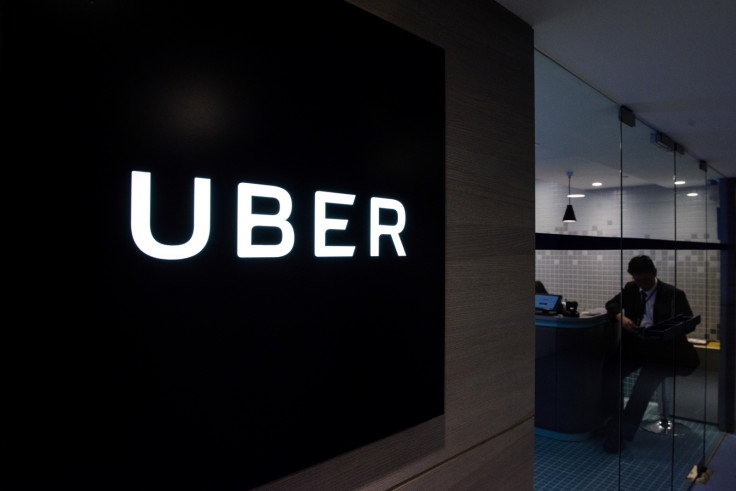Uber leadership backs CEO Travis Kalanick, promises to clean up its sexist culture
'There's a real appetite for change internally,' Uber board member Arianna Huffington said.

Uber is vowing to clean up its act and "fundamentally change" its sexist and toxic work culture following the swirl of scandals plaguing the ride-hailing service since the beginning of the year. In a call with media on 21 March, board member Arianna Huffington and two other female executives discussed the changes Uber plans to incorporate in the embattled company's latest damage control effort.
"There's a real appetite for change internally," Huffington said. "People want to be part of the solution. People understand that we need to complement the skills which have gotten Uber where we are today, with the expertise and the skills needed to succeed in the years ahead. And they want to be part of that change."
During the roughly 45-minute call, the company laid out its plan to get the company back on track including its ongoing search for a new chief operating officer to help CEO Travis Kalanick run the company. Huffington also emphasised that Kalanick has "the confidence" of the company's board and did not address questions about him possibly stepping down.
"The board is confident in Travis, and we are proceeding ahead with the search for the COO," Huffington said, praising the 40-year-old executive's 'evolution.' "Put very simply, change starts at the top."
In February, former Uber engineer Susan Fowler wrote a chilling account detailing systemic sexism and harassment at the San Francisco-based company. Uber hired former US Attorney General Eric Holder to lead an independent investigation into the allegations.
When asked if the board will ask Kalanick to leave if the investigation finds he had knowledge of harassment at Uber, Huffington said: "It's not something that's been addressed because it hasn't come up and we don't expect it to come up."
A video that recently went viral showed Kalanick berating an Uber driver over falling fares. Uber head then had to issue a public apology amid social media backlash.
"It's clear that both Uber and the whole ride-sharing industry would not be where we are today without Travis," Huffington said. "And I'm personally a big believer in leaders, people, companies, being allowed to evolve."
The Uber executives claimed that Kalanick was not on the call because he was busy with COO interviews.
Uber has also been hit with a series of executive departures in recent weeks, including its head of engineering Amit Singhal, vice president of product and growth Ed Baker and top security researcher Charlie Miller.
Over the weekend, company president Jeff Jones said he was leaving because he found his leadership approach "inconsistent" with that of Uber's. Kalanick said Jones came to the decision after Uber announced its search for a new COO and No. 2 to help him guide the company.
Venture capitalist Uber investor Bill Gurley and Huffington are helping with the search for the new COO, they said.
"The focus of the company has been on the business and not the employees," chief human resources officer Liane Hornsey said. "Too little attention was being paid to the way the things were operating internally.
"Uber is disruptive—and disruption demands the confidence to be bold. What I have seen though, is that this has translated internally to what I would call a cult of the individual. We now need to expend genuine effort ensuring the individual is never more important than the team—not ever."
Uber's first diversity report will be published by the end of March, she said.
Uber has also been hit with a lawsuit from Alphabet's self-driving unit Waymo alleging "calculated theft" of its autonomous car technology and recently admitted to using "Greyball" - an elaborate tool used to deceive law enforcement.
Rachel Holt, head of US and Canada business, said the firm aims to "bring more humanity to the way we interact with drivers" by improving its app and updating its customer support policies that were "unintentionally stacked against drivers."
"We've underinvested in the driver experience and relationships with many drivers are frayed. We are now re-examining everything we do in order to rebuild that love," Holt said.
© Copyright IBTimes 2024. All rights reserved.





